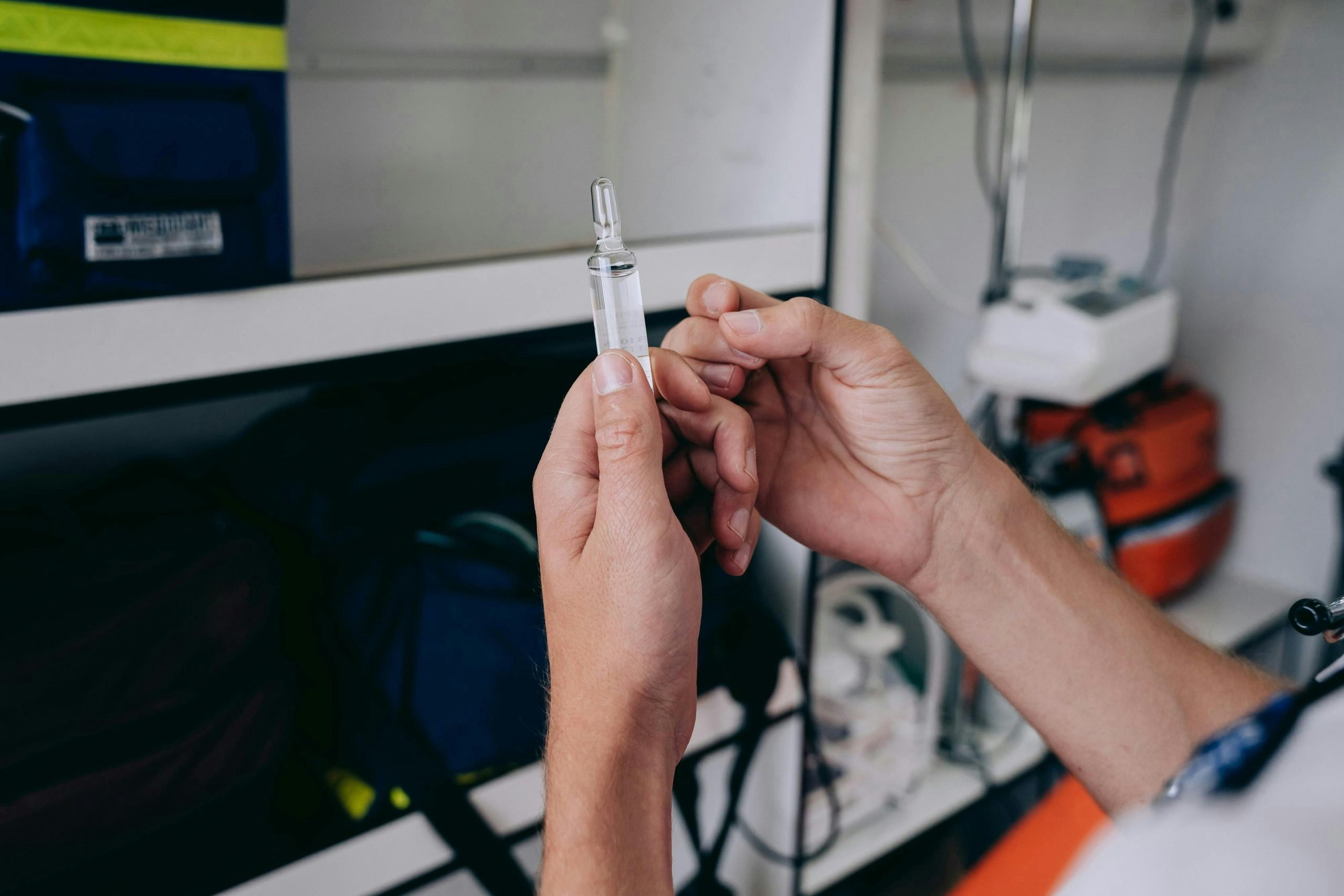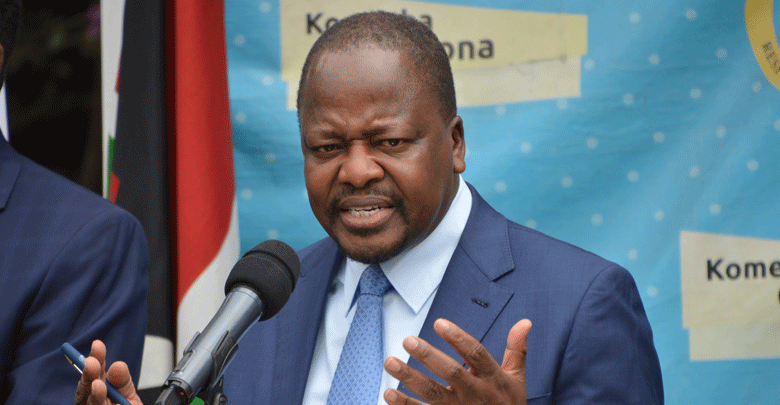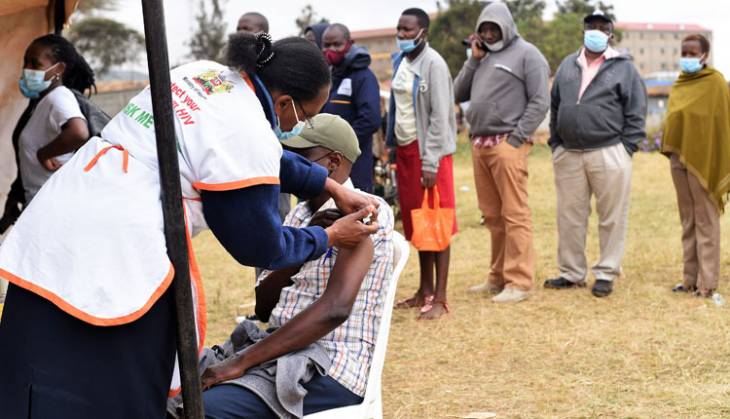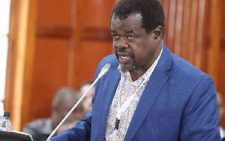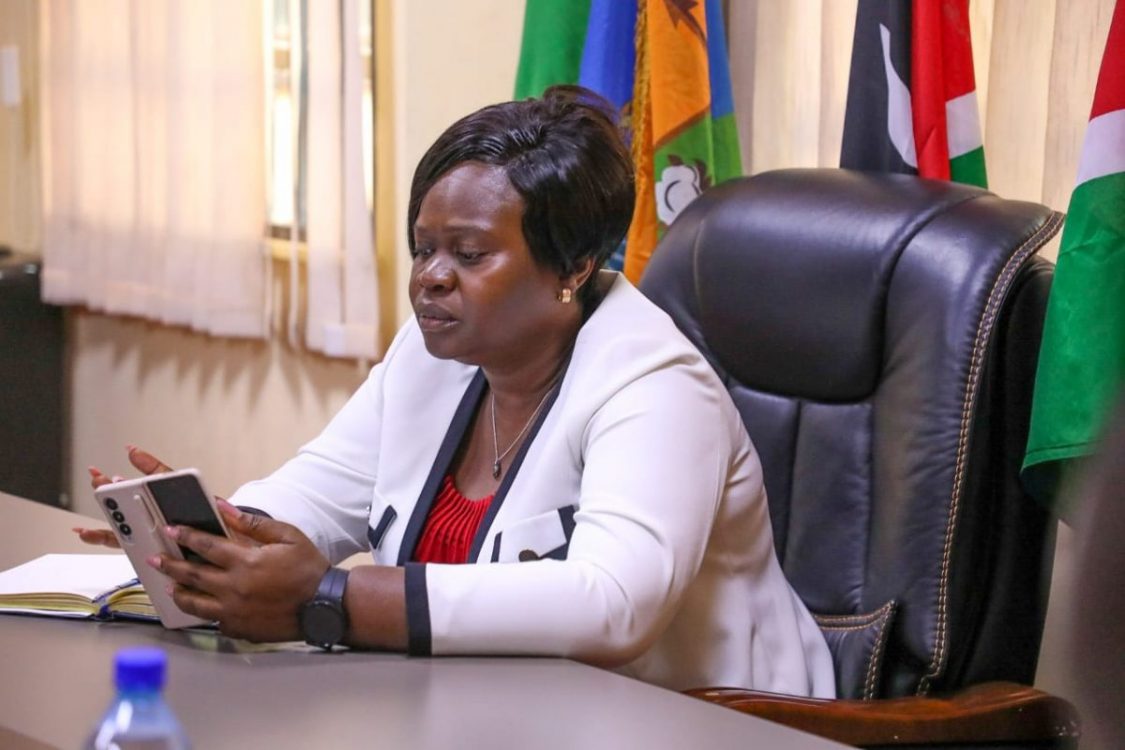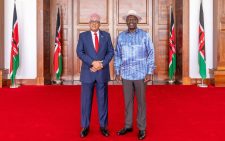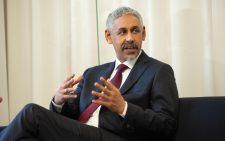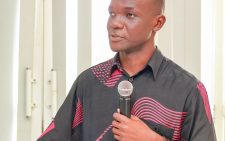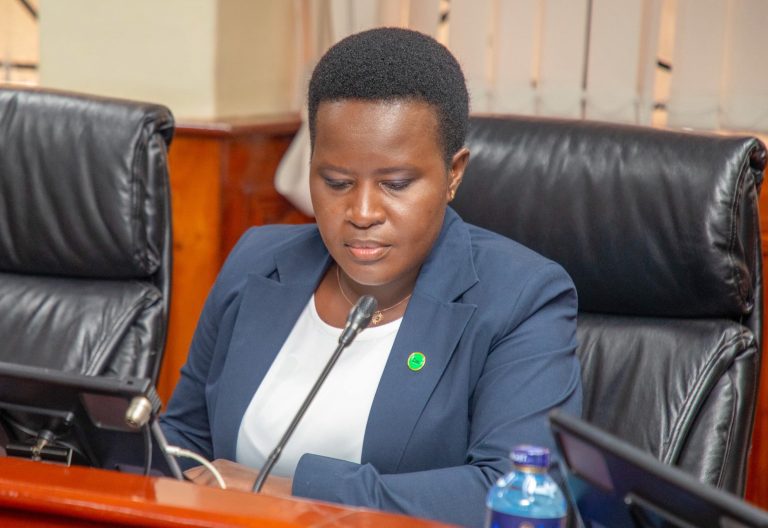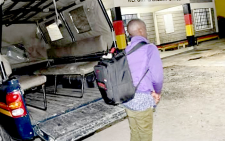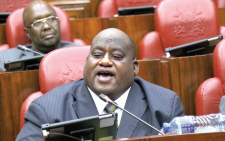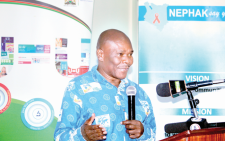Health ministry officials rue billions in budget cuts
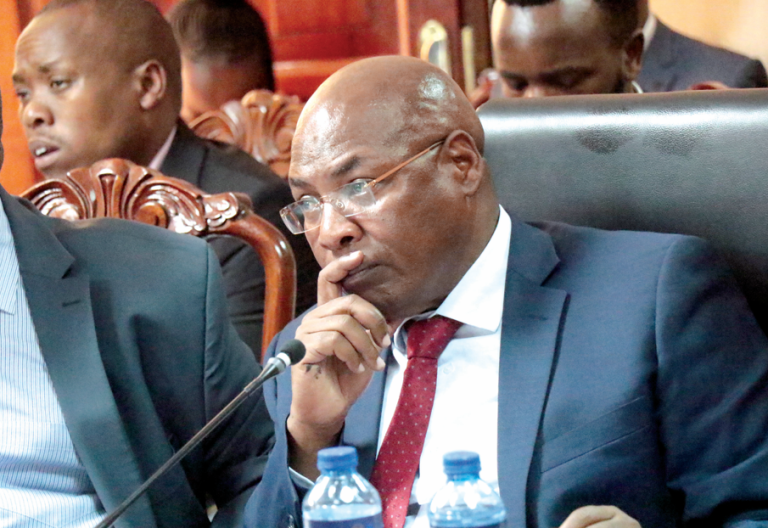
Cuts to the Ministry of Health’s budget could undermine services, including HIV treatment, vaccination, and family planning, officials have said.
Of the Sh426.8 billion that the State Department of Medical Services had requested, only a ceiling of Sh172.6 billion was allocated, reflecting a funding gap of Sh254.2 billion, the Budget Policy Statement (BPS) shows.
The cuts are also expected to affect primary healthcare services and blood collection.
The Sh172.6 billion allocation “comprises Sh145.1 billion in recurrent and Sh27.5 billion in development”, Medical Services Principal Secretary Harry Kimtai told MPs yesterday, adding that the ministry needed more money to provide the services Kenyans need.
Leftover cash
The revelations came on the day the Health Committee, chaired by Endebess MP Robert Pukose, pressed Kimtai and Social Health Authority (SHA) acting chief executive Robert Ingasira to explain why the ministry required additional funding when it had not exhausted money previously allocated to it.
Lawmakers cited Sh4.1 billion allocated for the Primary Health Care Fund, saying SHA had only spent Sh1.3 billion. They also claimed that of the Sh2 billion earmarked for the Emergency, Chronic and Critical Illness Fund, only Sh122 million had been spent, representing just one percent of the budget.
“You have been given money and you have not consumed it all, yet you have come here to ask for more,” Pukose said.
“What you could have done is to spend what you have, then you come and ask for additional money. This would have been the most logical thing.”
The government was criticised over poor implementation of the new SHA health insurance scheme but the authority had failed to consume all the money allocated to the department, lamented Chuka Igambang’ombe MP Patric Munene.
“You are here confirming that there is money available but because of your delays in operationalising [the insurance scheme] … Kenyans are suffering,” Munene said.
Kimtai defended the ministry, saying the insurance scheme would be fully implemented. But he added that additional funding was needed as unfunded exchequer requests had resulted in huge pending bills and undermined services.
Dismissed employees
Besides the unfunded requests amounting to Sh59 billion, he said, the ministry requires Sh30 billion to cover HIV commodities and reproductive, maternal, newborn, child and adolescent health services, and pay for personnel affected following US President Donald Trump’s decision earlier this year to stop funding USAID.
Trump’s decision has affected about 40,000 direct and indirect employees, some of whom were dismissed.
Kimtai said: “Our Health CS [Deborah Barasa] is not here with us because she was meeting with US top embassy officials where she was scheduled to present the impact assessment report on the USAID funding cuts.”
Besides the Sh30 billion required because of the USAID cuts, the ministry requires another Sh5 billion to procure commodities for HIV treatment, family planning services and vaccines, Kimtai said in a document submitted to MPs.
Because of budget cuts to these programmes over the years, he said, the ministry’s targets had not been met. “The State Department is requesting that these funds be ring-fenced in the FY 2025/26 and the Medium Term,” he added.
Other requests
The department also requires Sh30 billion to provide a fully publicly financed primary healthcare system and Sh3 billion to purchase essential blood commodities, equipment to separate blood groups and cells, among other requests, as donor support declines.
Other requests are Sh1 billion for implementing various presidential directives to fund health facilities across the country and Sh500 million for operations and maintenance.
Kimtai added that the department is financially overstretched because of new programmes associated with implementing Universal Health Care and transitioning from NHIF to the Social Health Insurance Fund (SHIF).
Regarding funding for hospitals, Kimtai said the department requires Sh10 billion to fund personal emoluments, an issue that has occasionally caused disruptions in services at key referral hospitals such as Kenyatta National Hospital (KNH), Moi Teaching and Referral Hospital (MTRH), and Mwai Kibaki Hospital, as well as at the Kenya Medical Research Institute (KEMRI).
KNH, he said, has a shortfall of Sh2.658 billion; MTRH Sh2.689 billion, Kenyatta University Teaching & Research Hospital Sh1.885 billion; KEMRI Sh809 million, KEMSA Sh900 million; Mwai Kibaki Hospital Sh500 million; and the National Syndemic Disease Control Council Sh500 million.
